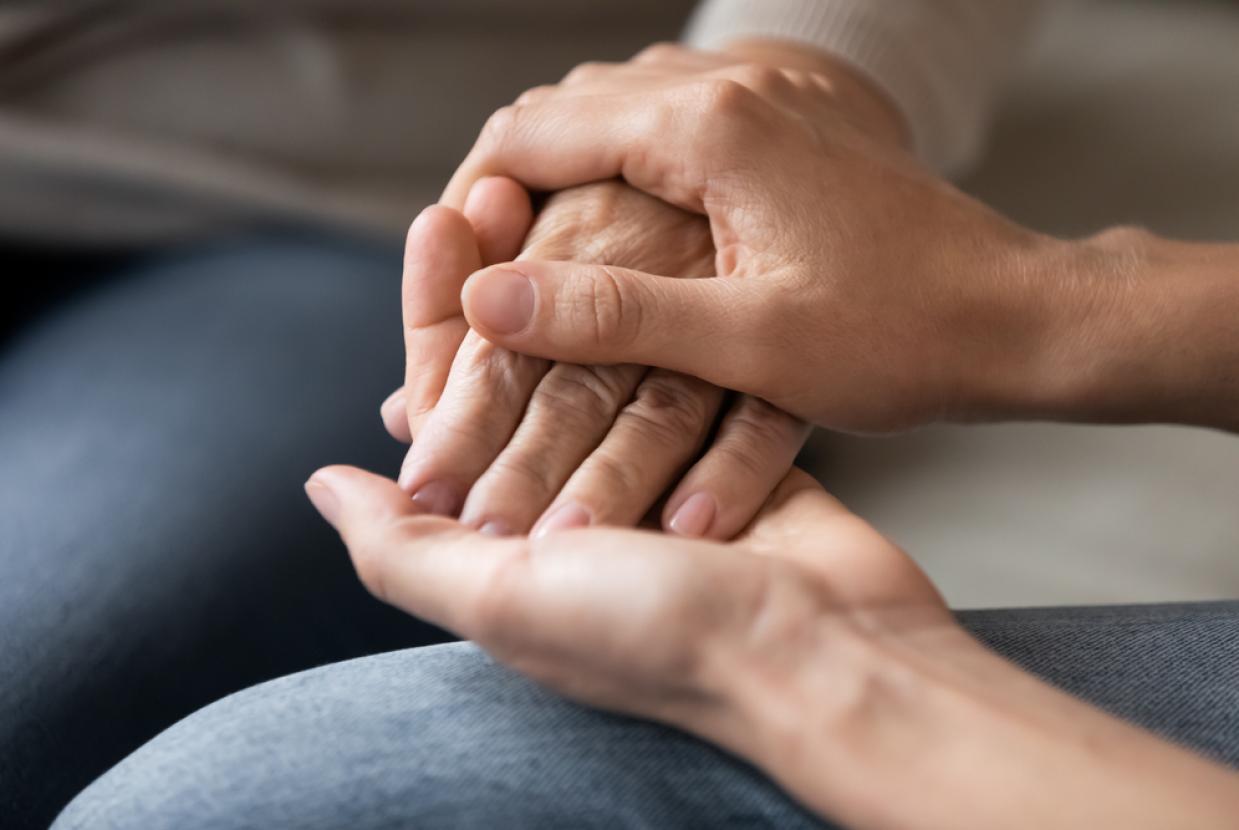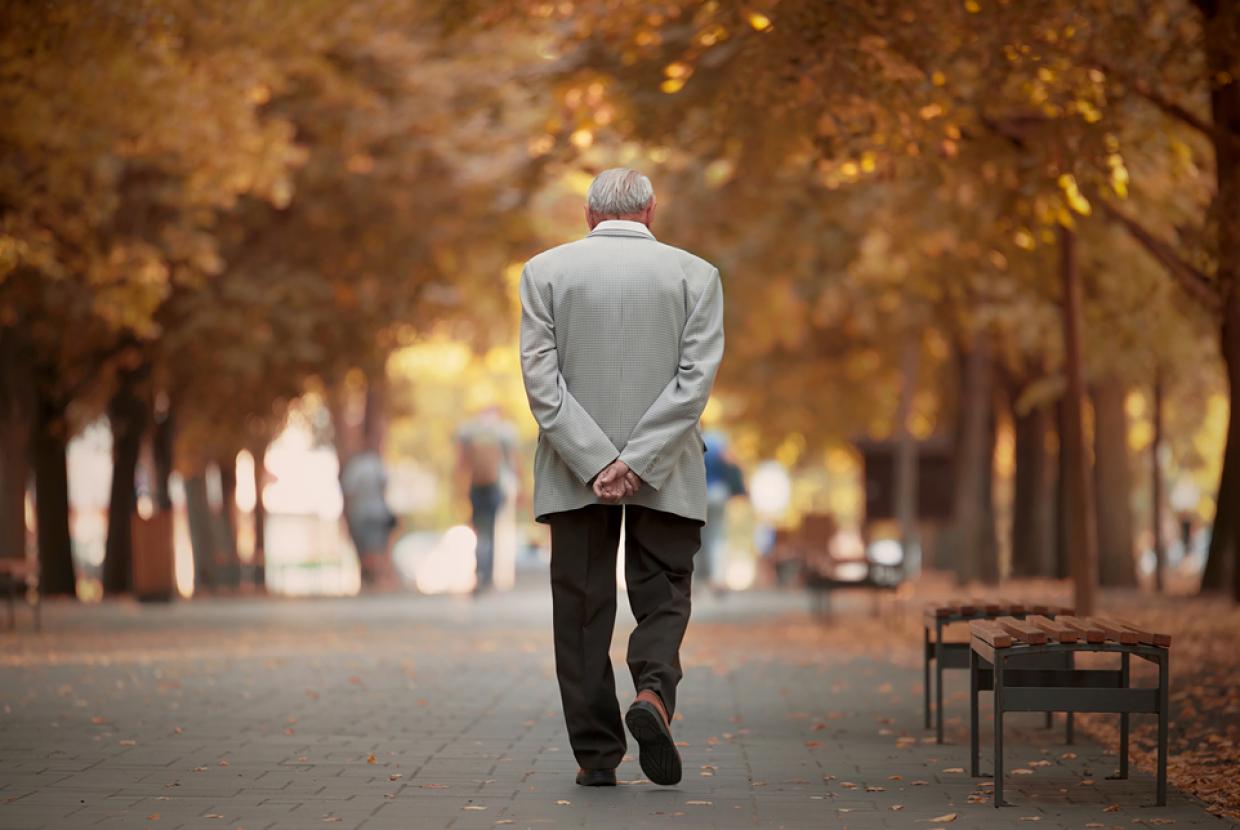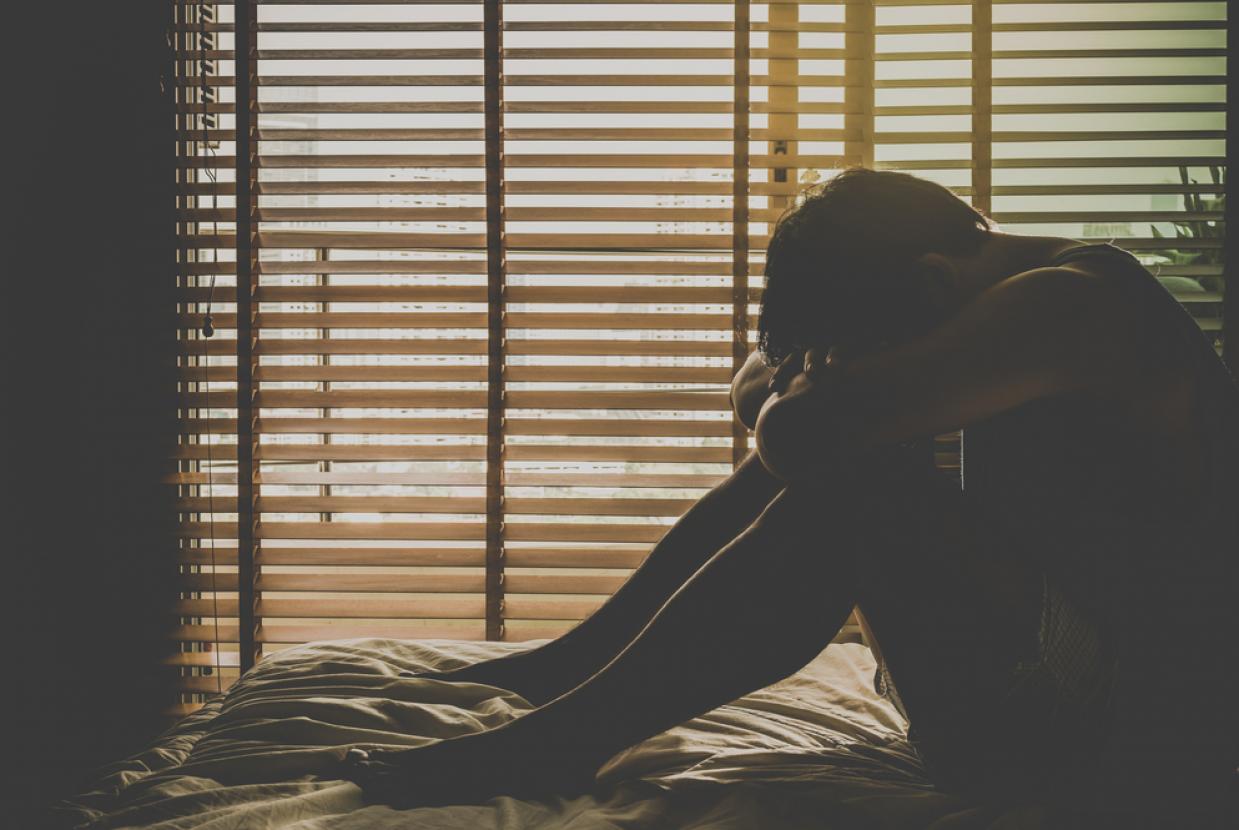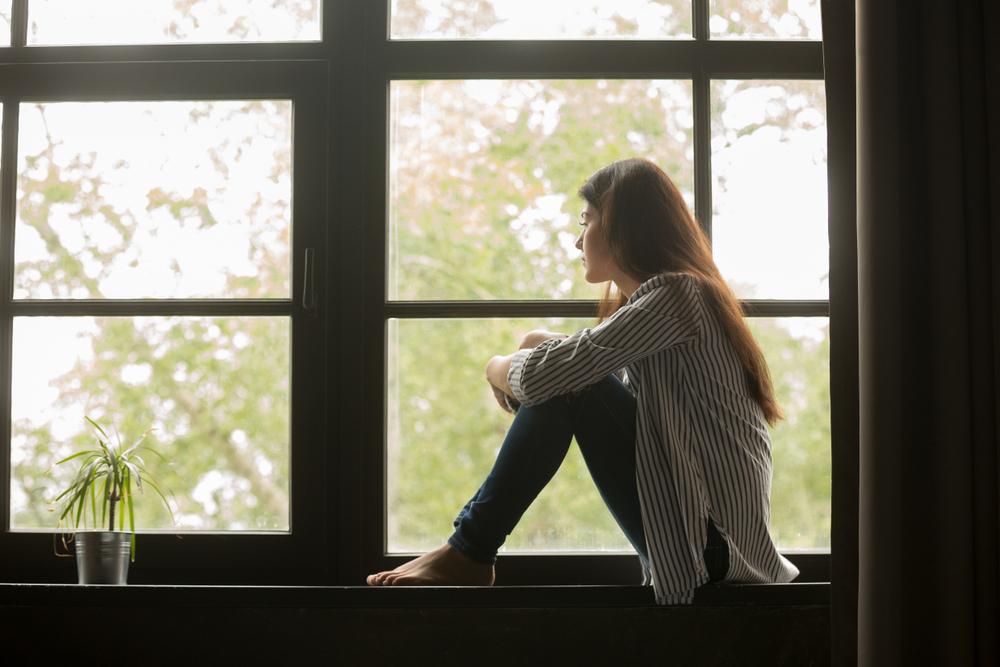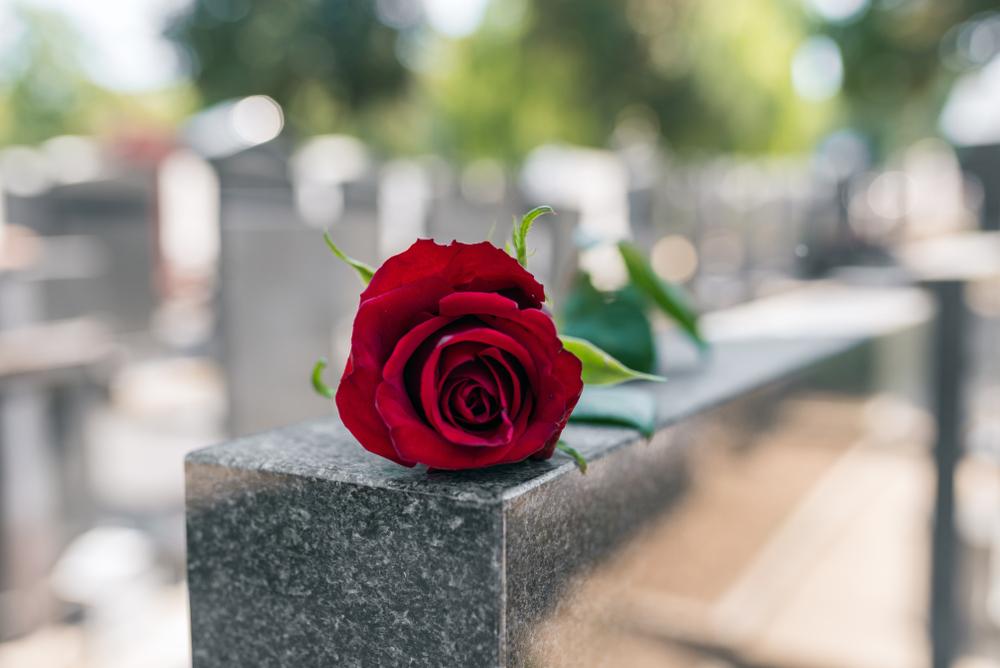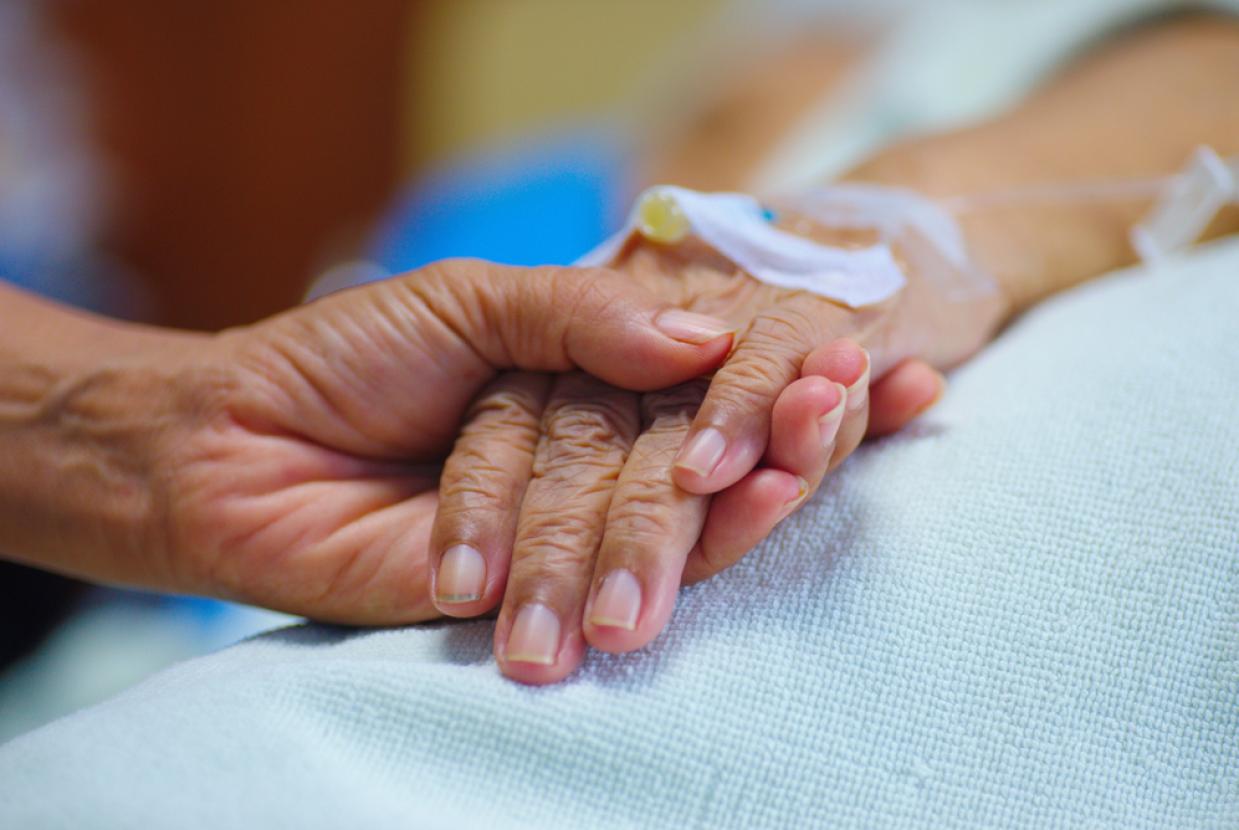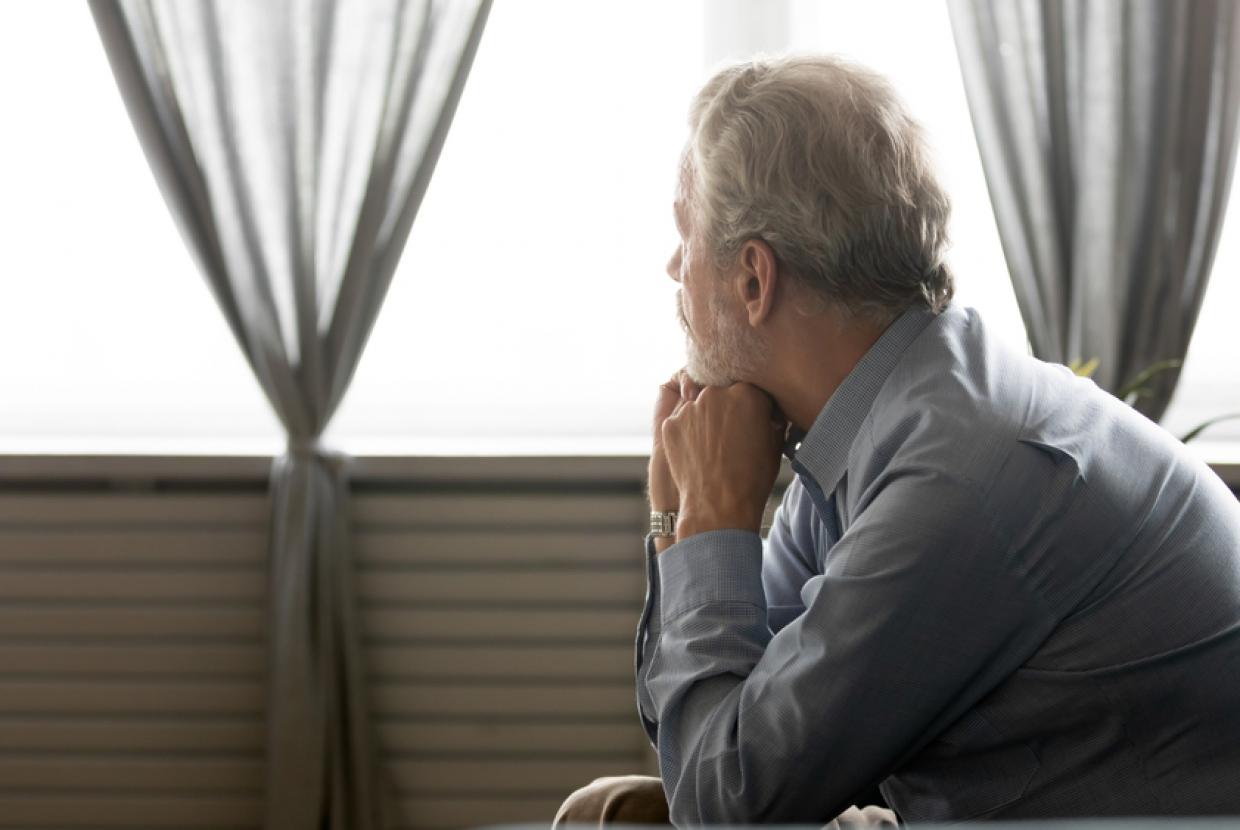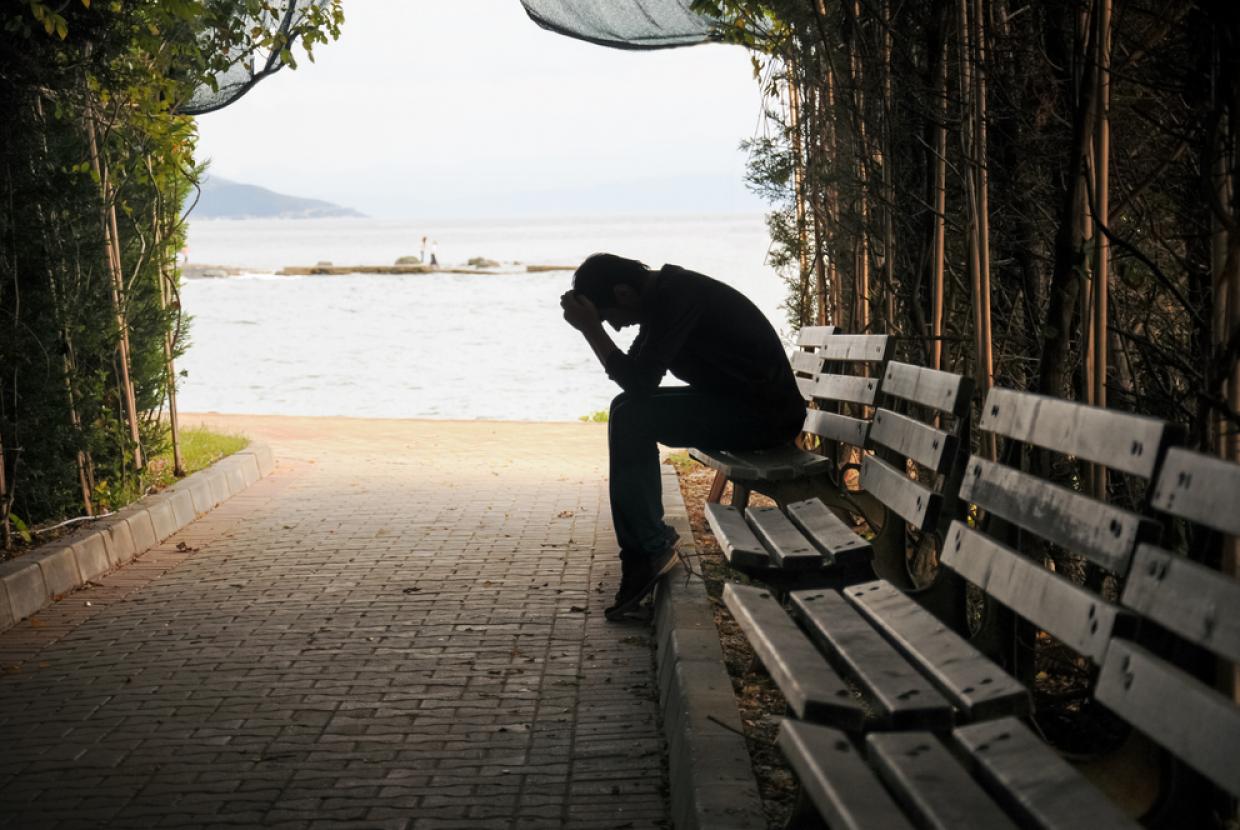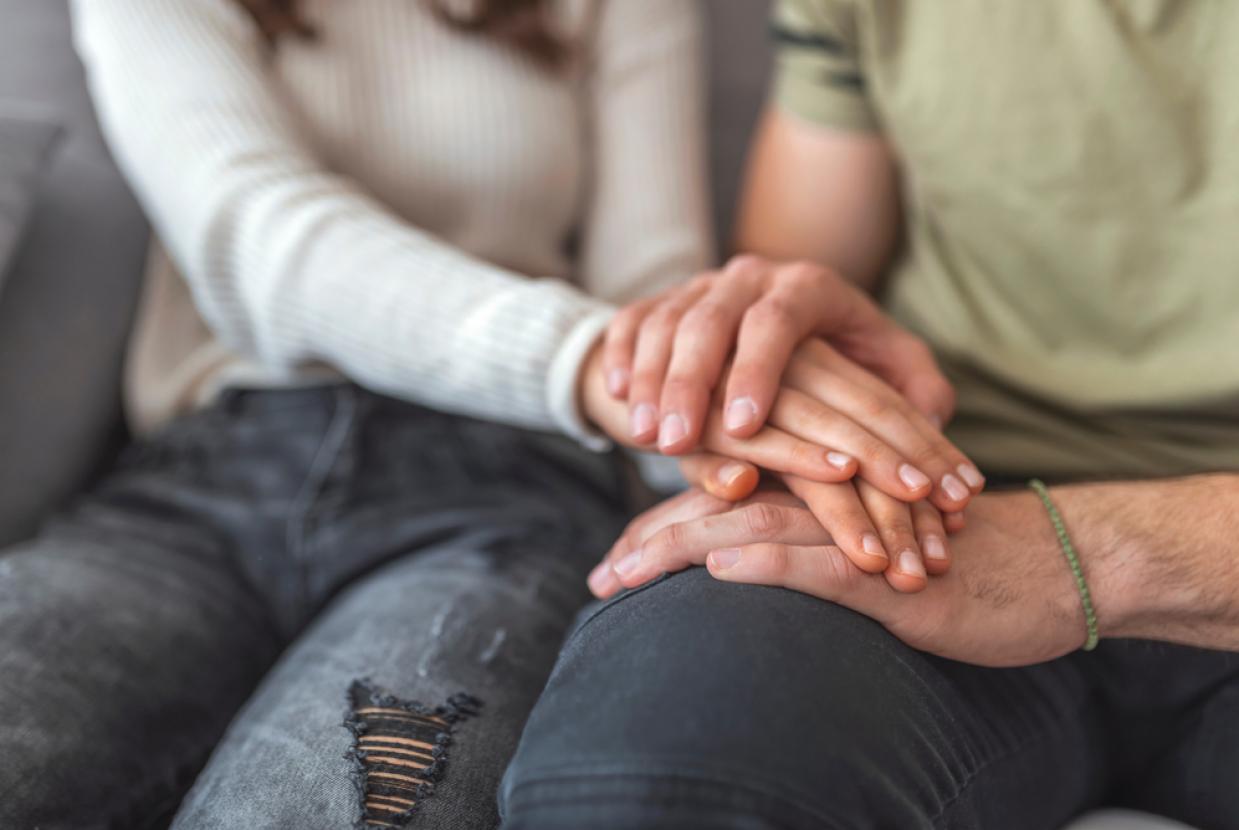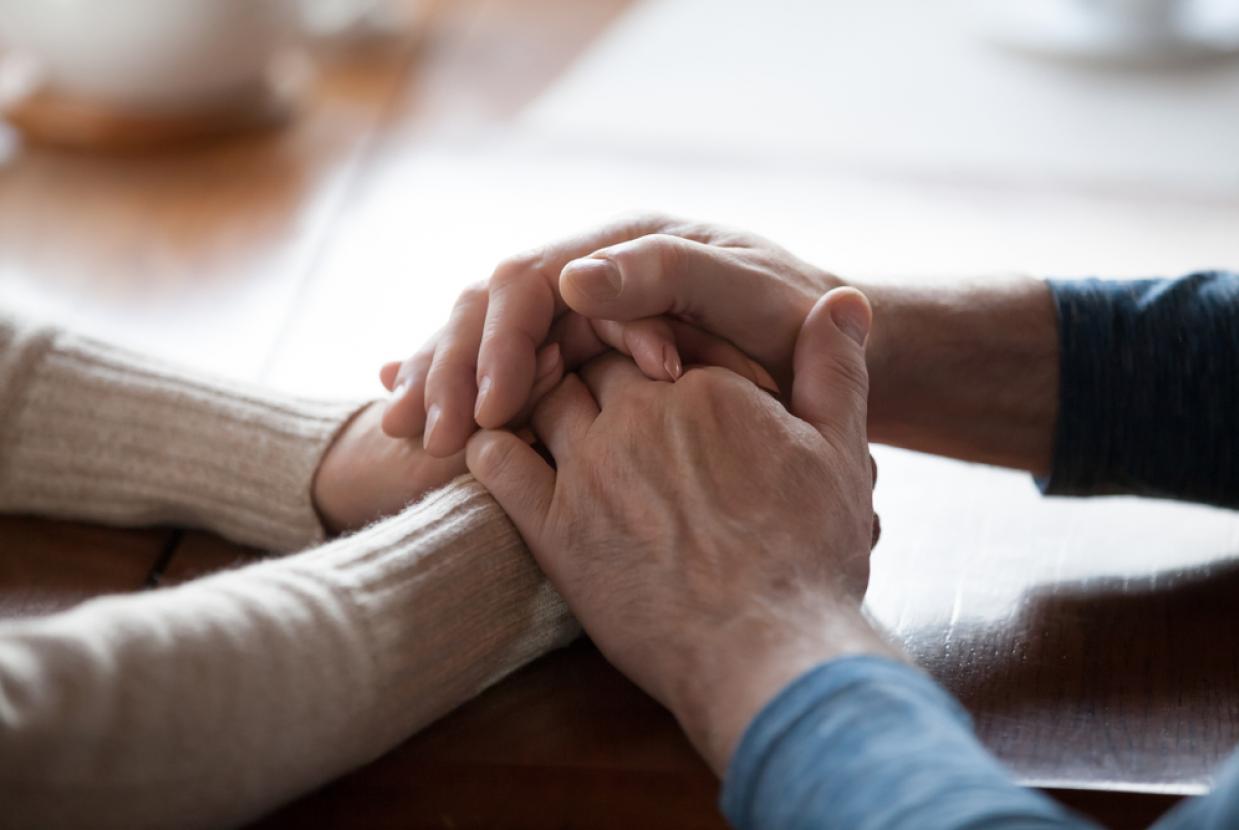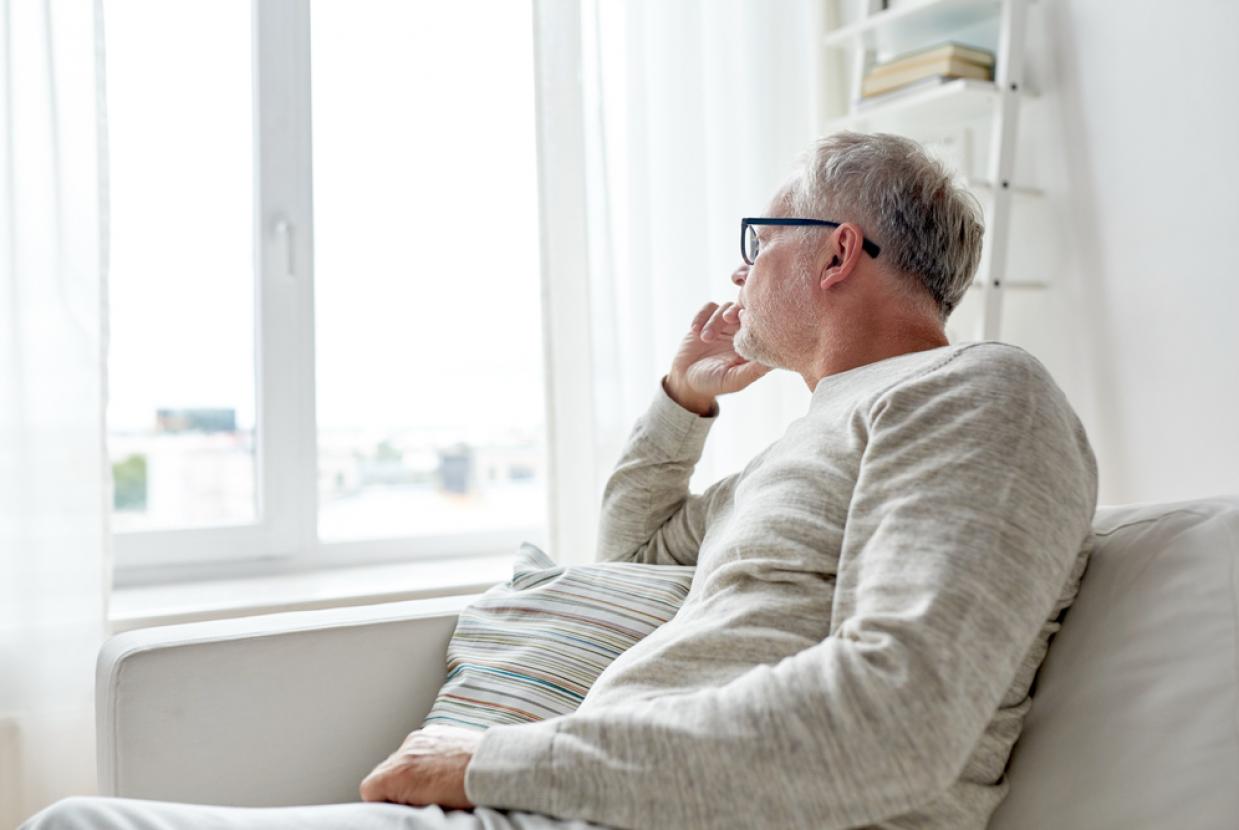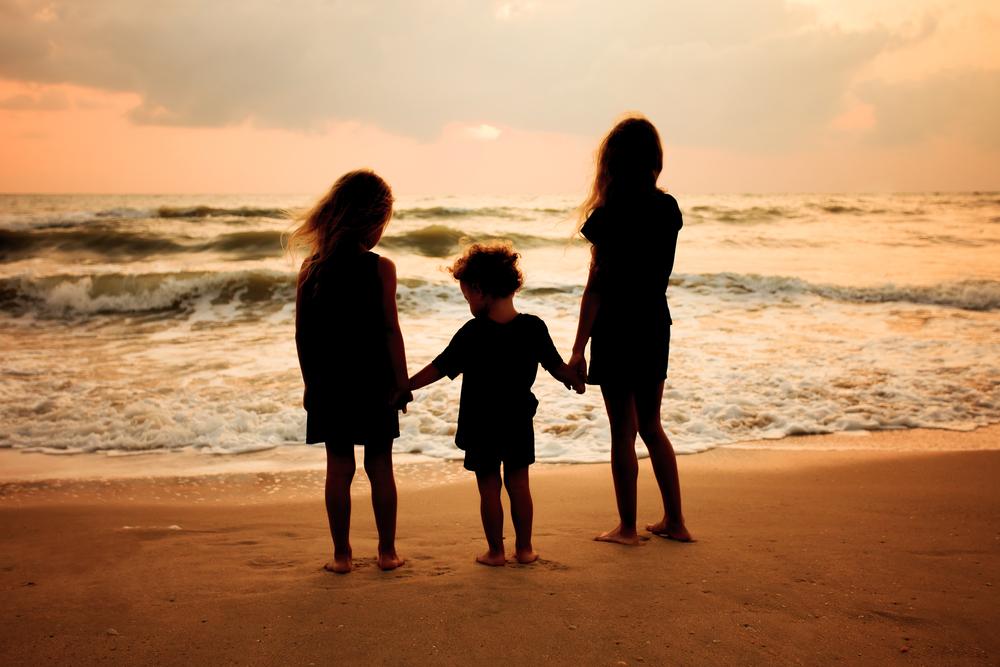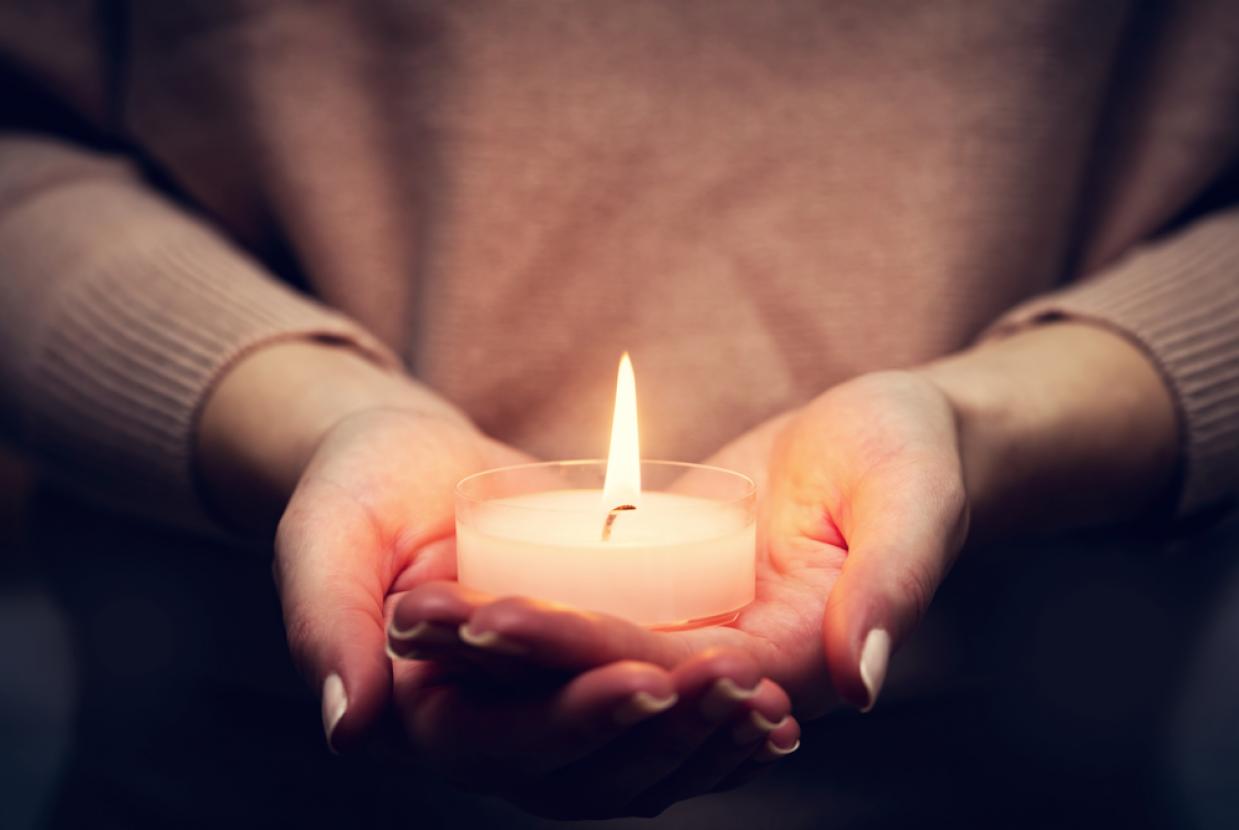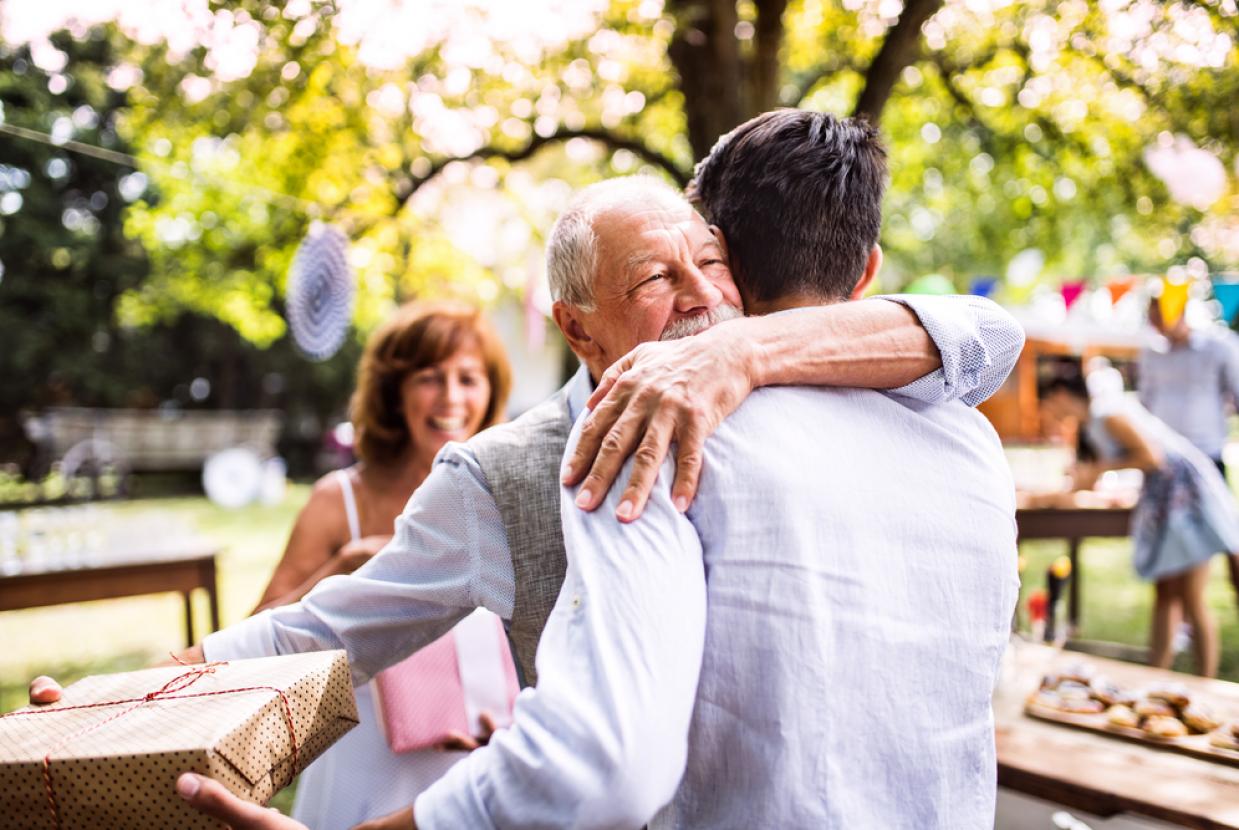Bereaved By Suicide
The death of someone close can affect you both physically and emotionally. You may experience a range of feelings, including shock, sadness, anger, irritability, loneliness and regret. These feelings follow no set course and may come and go over a long period of time. Your eating and sleeping patterns may change, and you may feel abnormally tired, find it difficult to concentrate and generally feel low. However, everyone’s grief is different and you will grieve in your own way and your own time.
Coping with the loss of someone who has died by suicide can bring up many of these feelings and experiences, but you may have some added difficulties.
Suicide is an individual act, but, like throwing a stone into a pond, the ripples can spread wide. When someone ends their own life, those left behind often wrestle with questions about the value and meaning of life and of suffering. You may have many unanswered questions such as ‘Why did they do it?’, Why didn’t I see it coming?’ and ‘Could I have done something to prevent it?’ These and other ‘why’ questions can often bring with them feelings of guilt, shame or blame. Relatives and friends may find themselves thinking over what happened and engaging in ‘if only….’ thoughts
Sometimes there may be clues as to why someone ended their life; they may have been depressed or they may have left a note. However, the reasons are seldom simple, and it may never be possible to fully understand them. Your need to understand and make sense of what happened is sometimes one of the most difficult aspects of grieving. Like many survivors, your task may be to find a way to accept what happened without fully understanding why. Given that you may not have understood the problems this person faced before they died; it can help to acknowledge that you did what you could to support them in life.
What to expect following a death by suicide
Shock and disbelief are normal reactions to a sudden death. These feelings may be more intense when the death is by suicide.You many feel isolated, misunderstood and alone in your grief. You may also find people overly intrusive or curious about what has happened. It might help to practise how to handle these difficult encounters, for example saying to people:” I’d prefer not to discuss the details”.
Because each family member has had a different relationship with the person who died, everyone in the family will grieve in their own unique way. Some members of the family might need to talk about what happened both inside and outside the family. Other people prefer to keep family matters private and not to share details. It helps if family members respect each other’s choices and to remember that we all grieve in the way that suits us best.
How to support people bereaved by suicide
- It can be difficult to know how to comfort someone following a death by suicide. Offer simple words and quiet acts of kindness and concern.
- Acknowledge their loss and express your condolences
- Avoid asking intrusive questions or speculating about why someone might take their own life or recalling the details or their tragic events. Let the person choose how much they tell you.
- Remember that grief does not happen in a set way; people will have ups and downs over a long period of time. Many bereaved people can feel extremely tired and they may need to withdraw from company for a while.
- Be willing to accept the bereaved person just as they are; sometimes they may wish to talk, other times not. They may need to tell their story many times over. Your willingness to listen patiently can be a gift.
- If the bereaved person is comfortable with it, mention the person who died by name when you are having a chat. This can demonstrate that you too are keeping their memory alive.
- Ask how you can help; practical support or diversion may be welcome at times.








